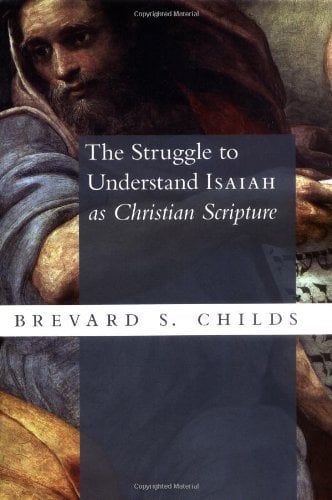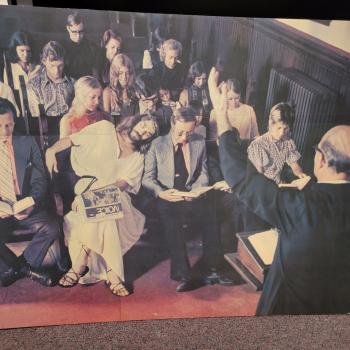G.A. Smith (1856-1942) became principle of the University of Aberdeen, an internationally famous lecturer and preacher as well. His Expositor’s Bible commentaries first on the Book of the Twelve and then on Isaiah were enormously popular and influential, not least because of their elegant prose, detailed learning, and also moving theological reflection. While Smith’s linguistic skills were good, his real gift was in offering analysis of the prophetic structures, the poetic style and metrical cadence and on the basis of that analysis generating a fresh and engaging translation of Isaiah. He embraced the two Isaiah theory but in his later edition of the commentary he was concerned about being on a slippery slope towards historical skepticism.
What Smith can be accused of is psychologizing the prophet. He shows a strong interest in his personality, and frequently refers to his conscience, even though that term is notably absent in the OT. In other words he wants to explain Isaiah’ behavior on the basis of ordinary human behavior. Messianism is the prophet’s attempt at providing a portrait of what ideal Israel would look like. He speaks of the development from a crude ritualistic religion groping towards a more spiritual and moral ideal, realized in Christ. He always reflected close attention to the literal sense of the text, careful attention to the theology of the book and a deep commitment to the NT idea of God’s singular divine commitment to the salvation of both Jews and the nations brought to fruition and fulfillment in Christ.

















